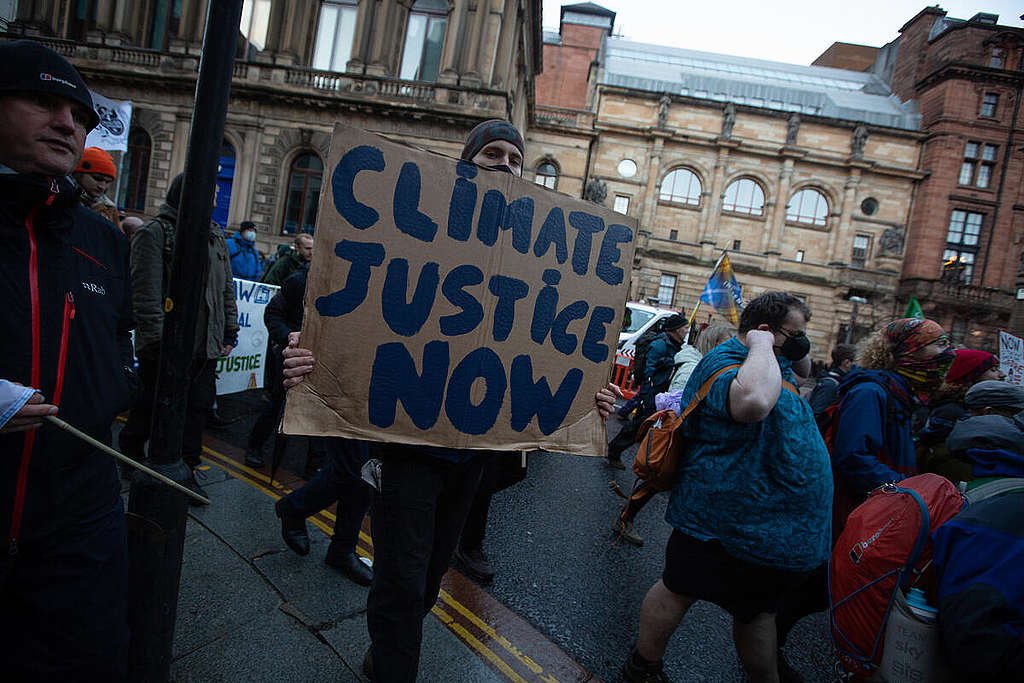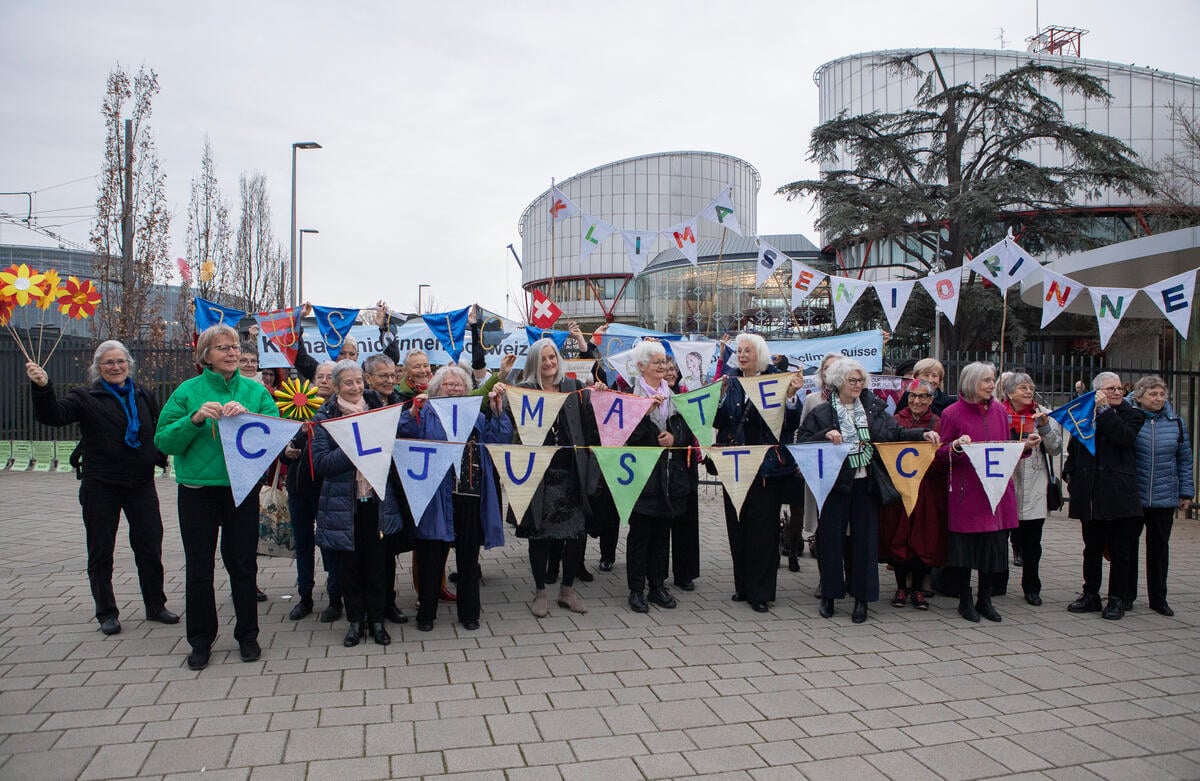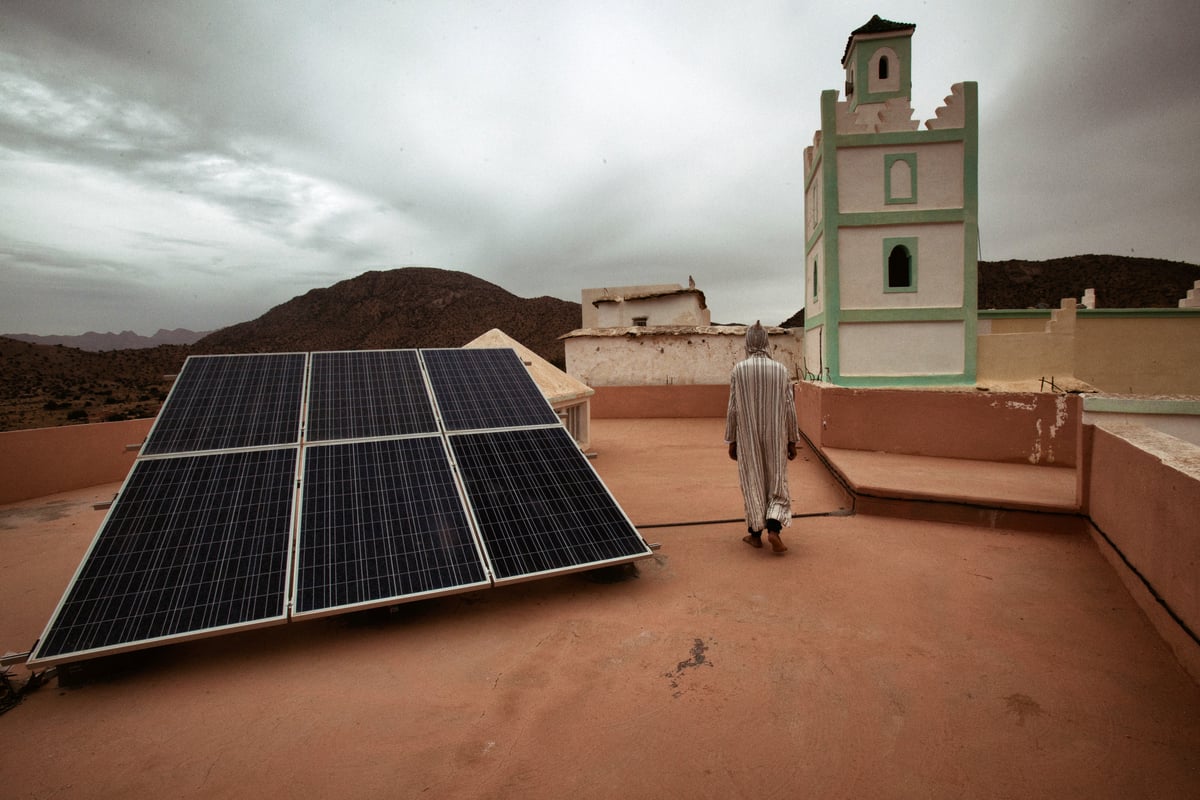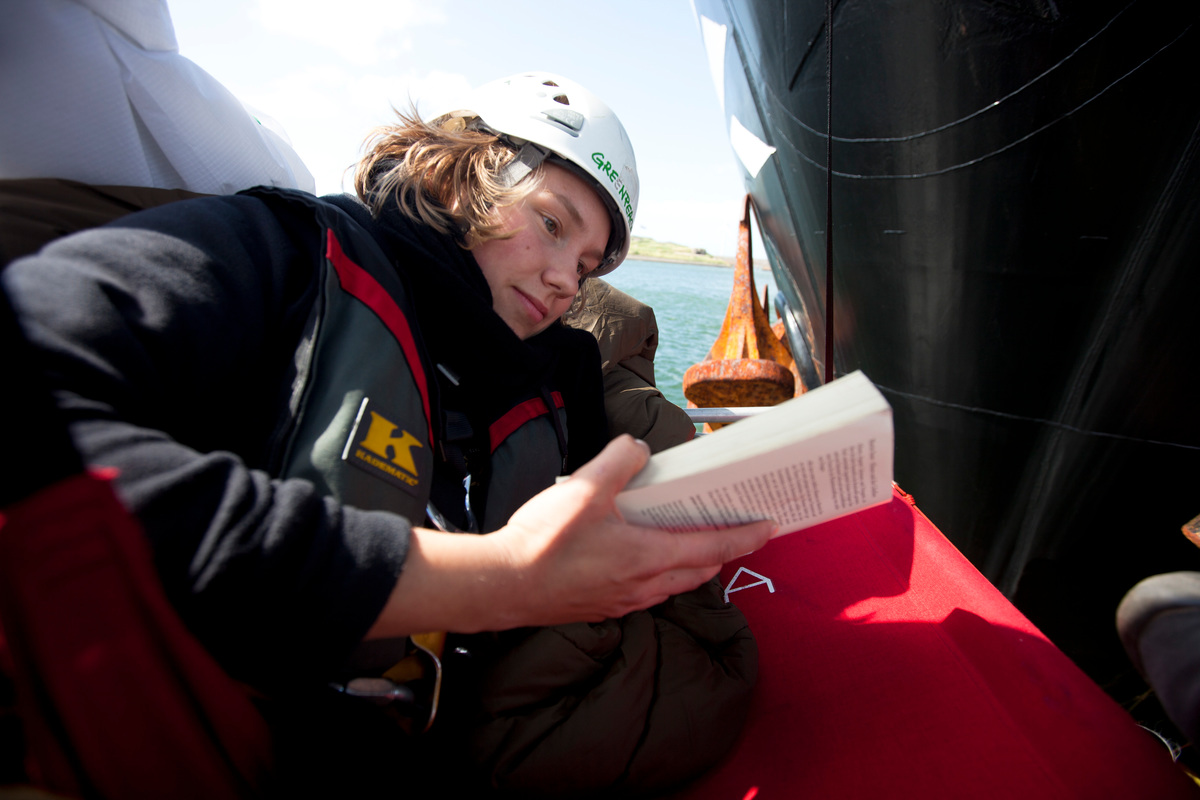The climate crisis is impacting millions around the world unequally and catastrophically threatening future generations. Yet the voices of those most impacted by the climate crisis – particularly Indigenous communities – are the ones often ignored or silenced.
But these activists especially refuse to remain quiet. They mobilized and held their own at debate tables and in interviews, proving to be among the most persuasive and remarkable influences at the 26th United Nations Conference on Climate Change (COP26) in Glasgow.
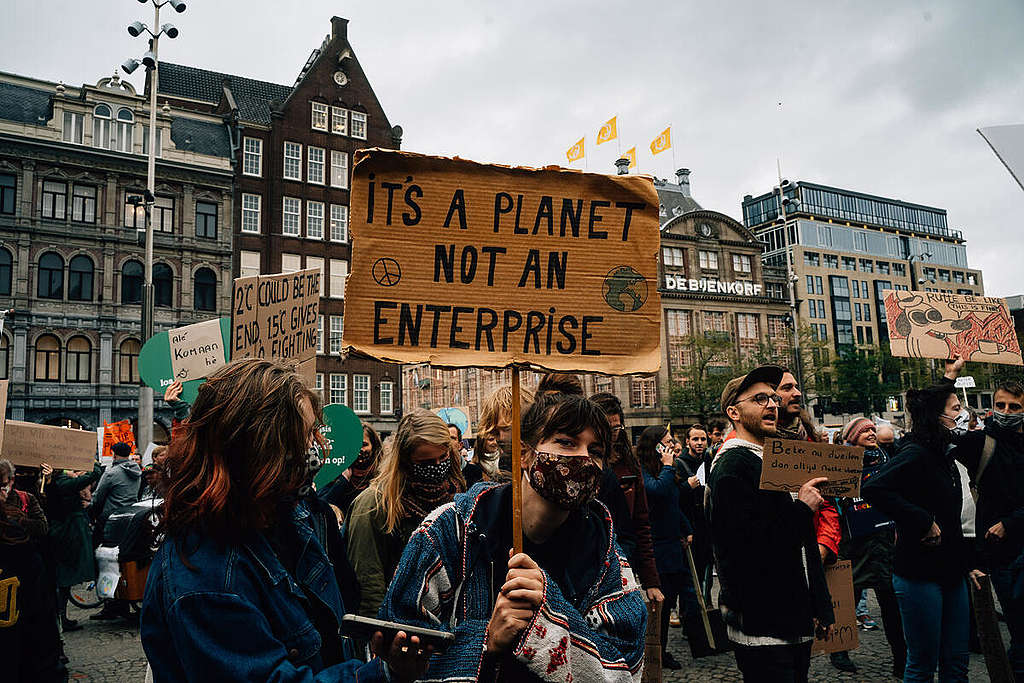
Each of these changemakers used their voice, perspective and skill set in a unique way, all demanding serious commitments and effective action, even when those who still seek to profit from the planet tried to intimidate them.
From Colombia to Ethiopia to Pakistan, here are the changemakers you need to know:
Ineza Umuhoza Grace, 25, Rwanda
Aware from a young age of the effects of climate change in her native Rwanda, Ineza is the founder and director of The Green Fighter, a women-led non-profit organization seeking to increase youth activism as well as the co-founder of the Loss and Damage Youth Coalition. Both organizations organize creative campaigns to give young people in Rwanda a greater voice in making sustainability policy. Follow updates on Twitter here.
Txai Suruí, 24, Brazil
Born in the Suruí’s people in Rondônia, Txai was the only Brazilian and Indigenous person to speak at the official opening of the UN Climate Summit Conference. She is Almir Suruí’s daughter, 47, one of the Indigenous Leaders most distinguished for fighting against deforestation in the Amazon. Besides being the founder of the Indigenous Youth Movement of Rondônia, she was also at COP26 as a member of the youth delegation from Engajamundo – non-governmental organization of youth leadership. In the historic statement, Txai Suruí called the world’s attention to those in the front of the fight against the climate crisis, and pointed to the urgent need to defend the Amazon against deforestation. Follow her on Instagram here and watch the full speech here
Marinel Ubaldo, 24, Philippines
Marinel survived Super Typhoon Haiyan’s wrath and has since become an advocate for Climate Justice. She is one of the petitioners to the Climate Change and Human Rights Inquiry filed by Greenpeace and other CSOs at the Philippine Commission on Human Rights. Read more on her COP26 participation and reflections here.
Vanessa Nakate, 25, Uganda
The first Fridays For Future climate activist in Uganda and founder of the Rise up Climate Movement, Vanessa has also spearheaded a campaign to save the Congo’s rainforest, which is at risk of massive deforestation. A speaker at both COP25 and COP26, Vanessa called upon governments to take immediate and drastic action and brought the message of climate justice to international attention.
Watch her full COP26 talk here and follow her climate action work here.
Leala Pourier, 20, Pine Ridge Indian Reservation
An Oglala Lakota and Cheyenne River activist, Leala was part of the COP26 Earth Guardians activist delegation, where they currently work as the Communications Director. Keep up with them here.
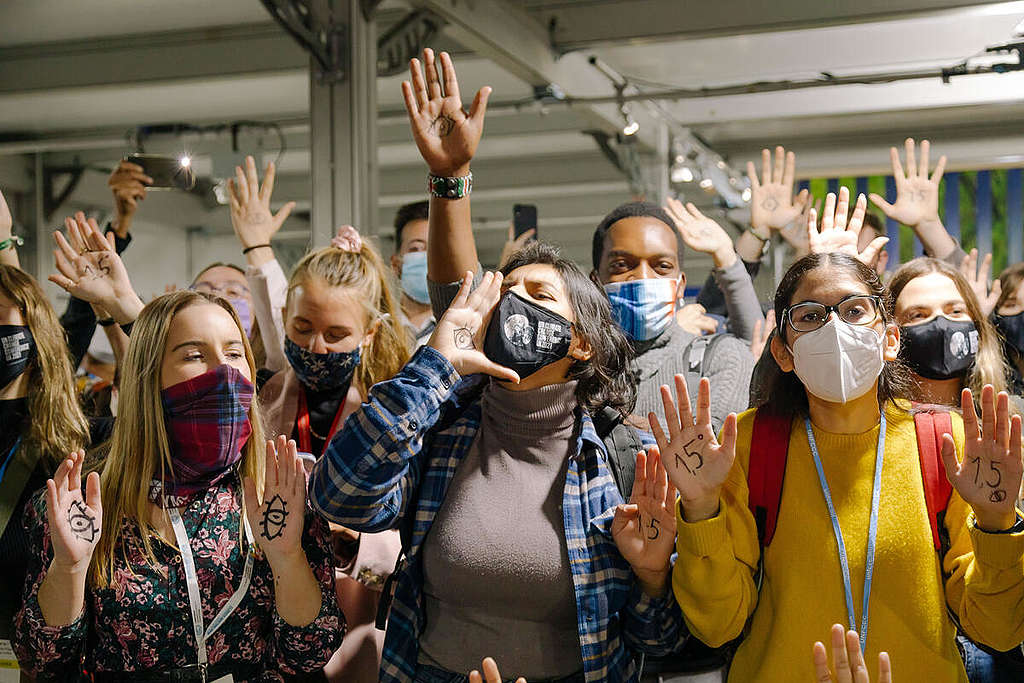
Aisha Akbar, 23, Pakistan
From Pakistan’s western Balochistan region, Akbar passionately brought international attention to the environmental issues confronting her homeland at COP26. Because of more frequent and prolonged droughts in recent years, the women of Balochistan must travel farther for household water which means regular exposure to dust storms, made worse by drought. Stay connected with Aisha on Instagram here.
Maytik Avirama, 30, Colombia
Co-founder of an organization that connects young environmental activists in Colombia, Avirama also participated in a United Nations Climate Change Agency (UNFCCC) session on climate justice. You can follow her work on her Spanish-language podcast Radio Savia, where she discussed the intersectionality of gender rights and environmentalism as well as putting the spotlight on urgent topics such as the deadly violence environmentalists regularly face in Colombia. Listen here and follow them on Instagram here.
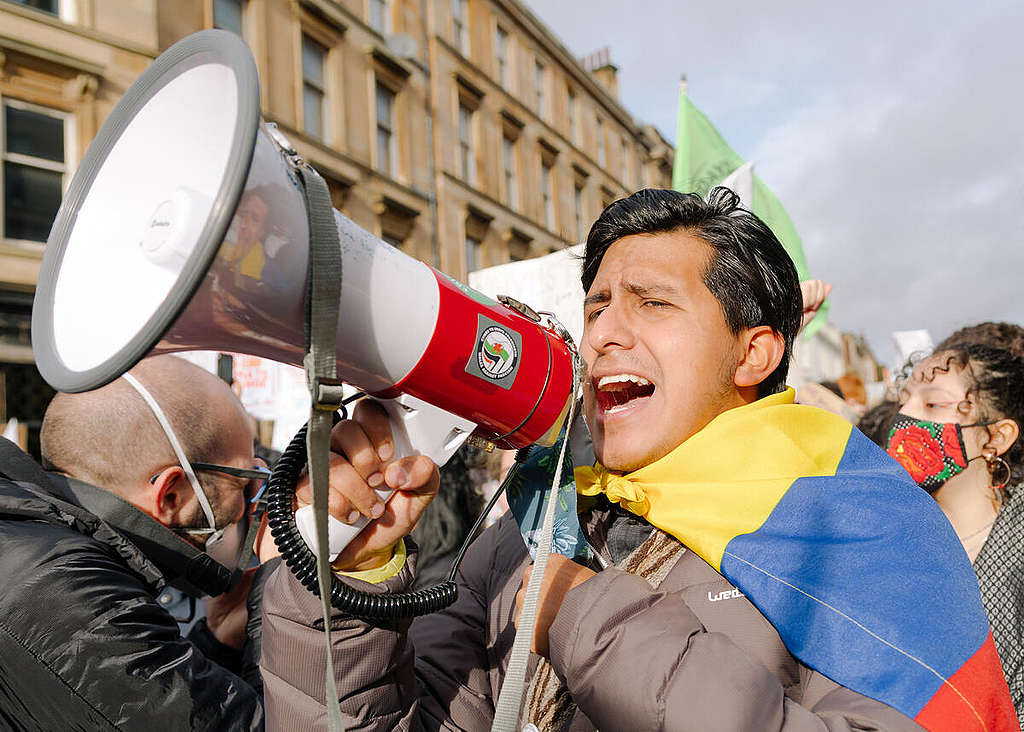
Yared Abera, 27, Ethiopia
Yared is the founder and director of The Youth Print, a civil society organization working in Ethiopia to create and support innovative youth thoughts and projects. Yared is also an Ambassador for the African Youth Climate Hub. Stay up to date with their work here.
Samara Assunção, 21, Brazil
An artist and a student in Energy and Sustainability, Samara was part of the group of the 13 youth activists sent to COP26 by Brazil. In addition to their artwork, you can listen to Samara’s podcast ‘Pimenta pra Jovem é Refresco’ here and find their artwork on Instagram here.
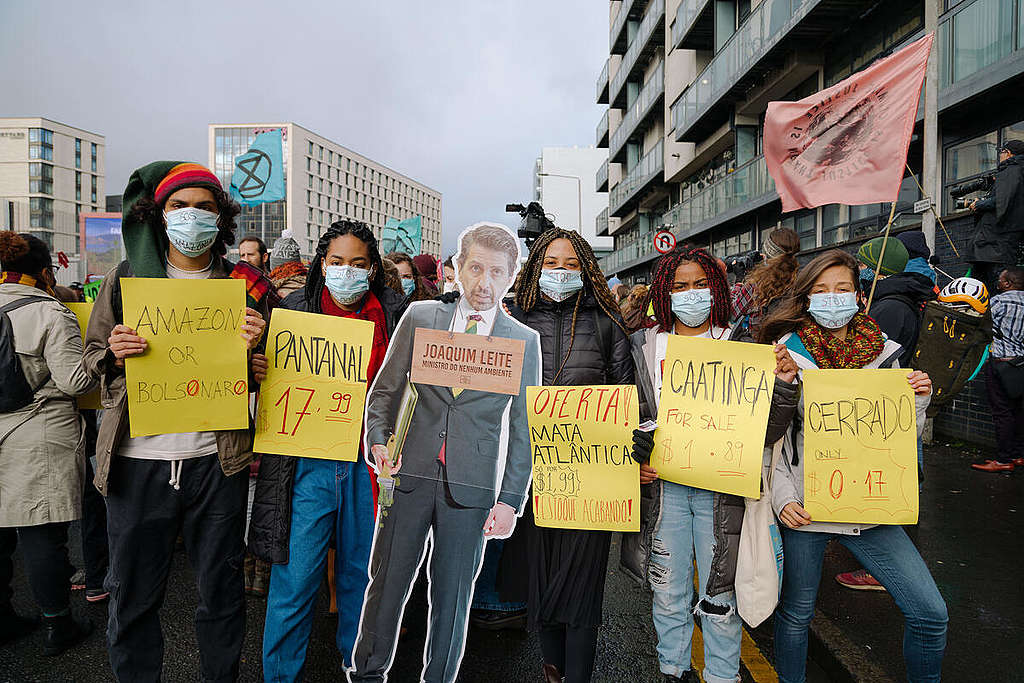
Hindou Oumarou Ibrahim, 37, Chad
As a COP26 panelist and as an activist, Hindou Oumarou Ibrahim focuses on how the traditional knowledge of Indigenous people can be harnessed in the fight against climate change with a focus on adaptation and mitigation. Her organisation, Association for Indigenous Women and Peoples of Chad (AFPAT) explores 3D mapping tools to show the benefits of using Indigenous peoples’ knowledge to solve climate problems.
To learn more about Hindou’s work and initiative, visit her website. To stay connected with her, follow her on Twitter.
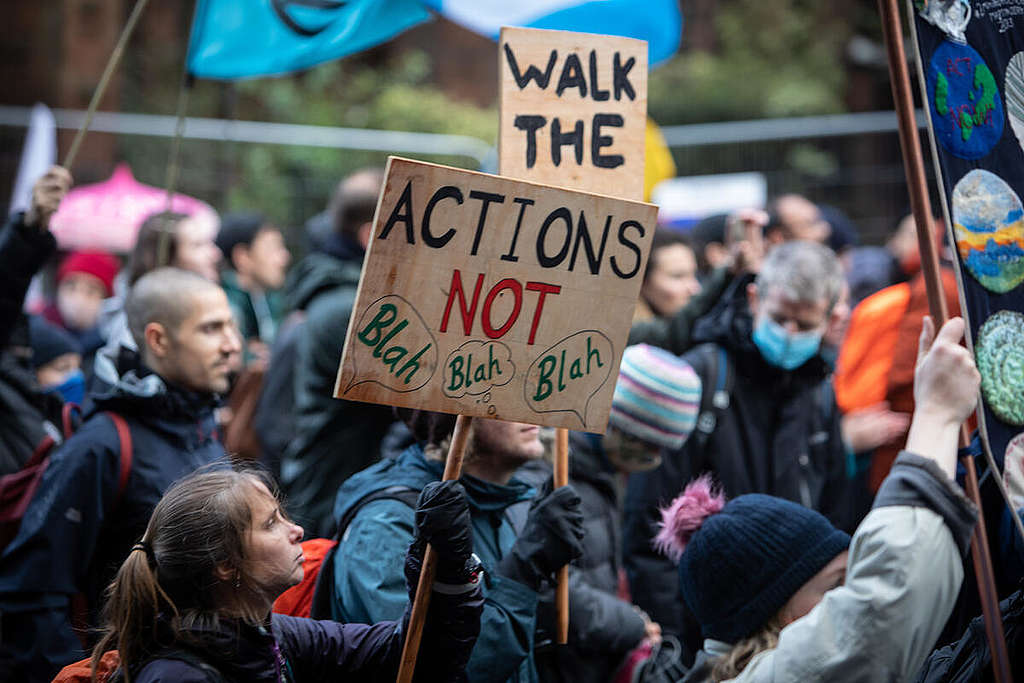
India Logan-Riley (Ngāti Kahungunu, Rongomaiwahine, Rangitāne), Aotearoa
Logan-Riley (Ngāti Kahungunu, Rongomaiwahine, Rangitāne) is a climate justice advisor with ActionStation, and co-founder of Te Ara Whatu, an Indigenous youth climate change organization working at the intersection of climate change and Indigenous sovereignty. Follow them on Twitter here.
Ryan Bestre, 37, Philippines
An active Greenpeace Philippines volunteer, Ryan is an educator and an environmentalist who advocates for ecological agriculture as a solution to the climate crisis. You can follow his work on blog, including his COP26 experience here.
